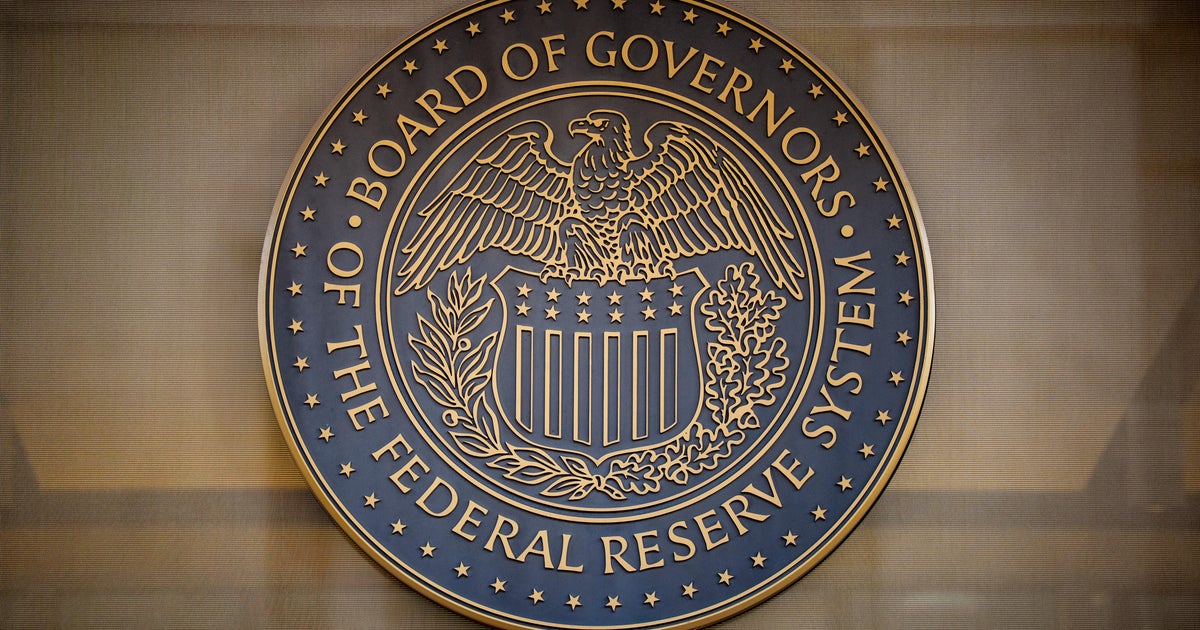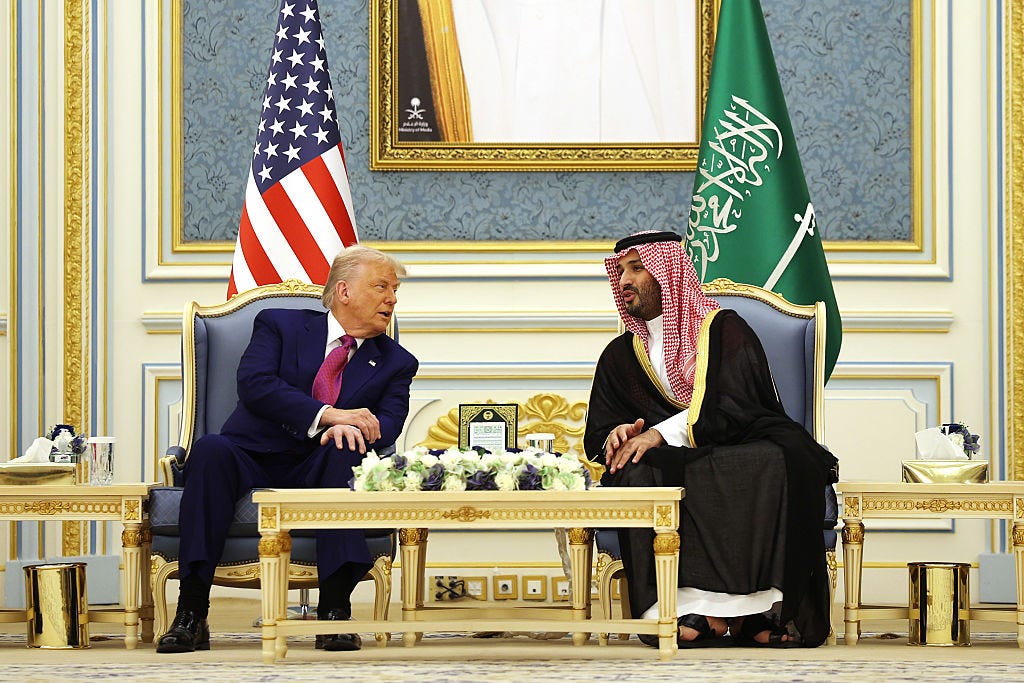Why the Qatar crisis isn't rattling oil markets
After five of its Middle Eastern neighbors cut ties with the small but rich emirate Qatar, the oil market briefly feared that the OPEC agreement to buoy prices would crumble. That's unlikely, say oil experts.
Upset about Qatar's links to their enemies, Saudi Arabia, Egypt and three other countries ended diplomatic relations with Qatar on Monday, cutting off sea and air travel to the nation. Despite small dips in oil and gas prices, along with energy stocks, the global impact from the Qatar dust-up was muted.
Crude oil prices in Monday trading slipped 0.55 percent, four times deeper than the S&P 500's minuscule downward move. At the same time, the United States Oil (USO) exchange-traded fund also skidded 0.71 percent for the day, and the United States Natural Gas ETF (UNG) was off 0.74 percent. Qatar is the world's largest producer of liquified natural gas.
The move against Qatar poses a thorny problem for the U.S., which is an ally of both Qatar and the nations opposing it. Secretary of State Tex Tillerson offered to negotiate a solution to the dispute, not wishing to see the region split. Two weeks ago, President Donald Trump visited Saudi Arabia to push a coalition to counter Sunni terrorists and Iran.
Even before the Saudi-led action against Qatar, oil prices have been staying in a $45 to $55 per-barrel range, noted Matthew Peterson, chief wealth strategist at LPL Financial who follows the energy industry. And they'll likely remain in that bracket, he added.
High inventory levels, the result of previous rampant pumping to maintain and enlarge market share, is the reason. "There is too much excess supply available to get prices higher on a sustained level," Peterson said. "But we do not see how it is an anyone's advantage in the Middle East to see a resumption of a price war.
Oil prices were above $100 per barrel in 2014, but as OPEC and others kept pumping all-out, that tumbled to less than $30 by late 2015, causing lots of pain in the petroleum sector. Since then, oil exporters have been trying to get prices higher, with some success, at least compared to the market's low point. Last month, OPEC extended its production cuts into 2018.
But Saudi Arabia, for instance, would like crude to be around $70, which would best support the kingdom's efforts to diversify its energy-dependent economy. The Saudis also want to float a public stock offering for its oil company, Saudi Aramco, and a higher oil price would support that.
As a result, the action against Qatar at first upset investors. On Monday, oil initially sank 1.5 percent on the New York Mercantile Exchange before recovering. Saudi Arabia and Egypt, along with Yemen, Bahrain and the United Arab Emirates, moved against Qatar, which they see as aiding terrorists and Iran.
Apart from energy prices, their action complicates U.S. military operations in the Gulf region because Qatar hosts a major American military base, used to launch air campaigns against Islamic State radicals.
Nevertheless, odds are the Qatar controversy will inflict little, if any, lasting damage on the energy industry. The reasons:
Qatar likely will end up knuckling under. It's in a strategically vulnerable position, surrounded on land by much larger and more powerful Saudi Arabia. IHS Markit Middle East analyst Firas Abi Ali wrote in a report Monday that Qatar "will eventually have no choice but to accept a junior role in the U.S.-Saudi alliance."
Further economic sanctions and a possible invasion could follow, he contended. More probable, though, is if "Qatari behavior does not change, a coup against the emir would be more likely." That is why few view this dispute developing into a long one.
Wealthy Qatar has a lot to lose if the fracas drags on. On a per capita basis, Qatar is the world's second-richest nation (behind Luxembourg). The Persian Gulf emirate has $129,700 of GDP for each of its people, versus $57,300 for the U.S. which is in 20th place, according to the Central Intelligence Agency.
The oil-rich nation boasts an enormous sovereign wealth fund worth $30 billion, a stash that also has made it a player in international finance.
Qatar is the third-biggest investor in Volkswagen (VLKAY) and owns significant stakes in energy businesses like Royal Dutch Shell (RDS.A) and Russian oil giant Rosneft, and it's an investor in global banks Credit Suisse (CS) and Barclays (BCS). Plus, it has holdings in retailer Tiffany (TIF) and real estate operators such as Empire State Realty Trust (ESRT), which owns New York's Empire State Building, among other trophy properties.
Qatar isn't a major oil player. It's the No. 17 crude producer in the world, equal to just 15 percent of Saudi Arabia's crude production. Oil exports may be choked off, but few see that as much of an influence on the global petroleum scene. "They're a relatively small producer," said James Brilliant, co-chief investment officer at Century Management and an energy specialist. So its new isolation "won't be a disruption."





